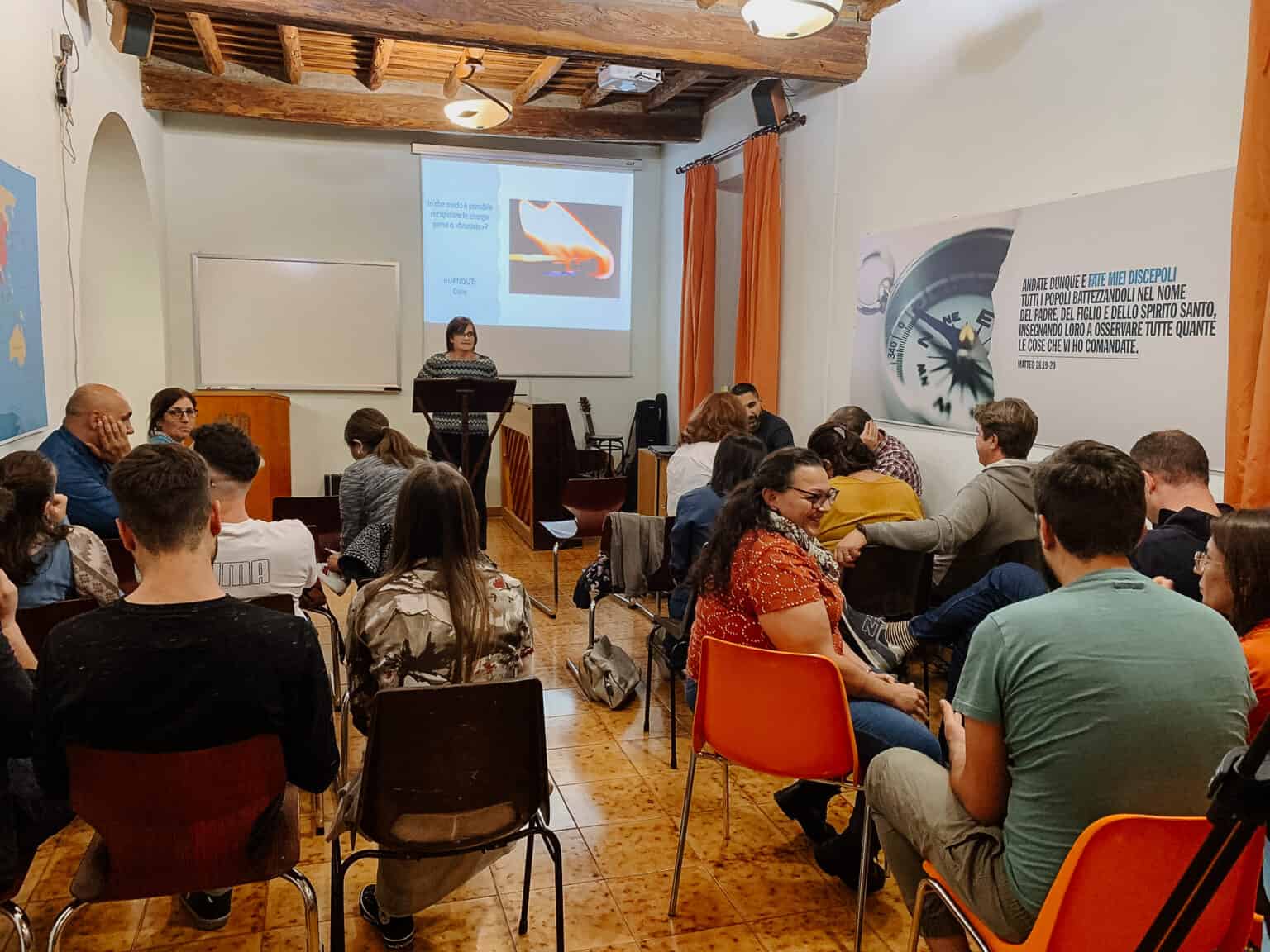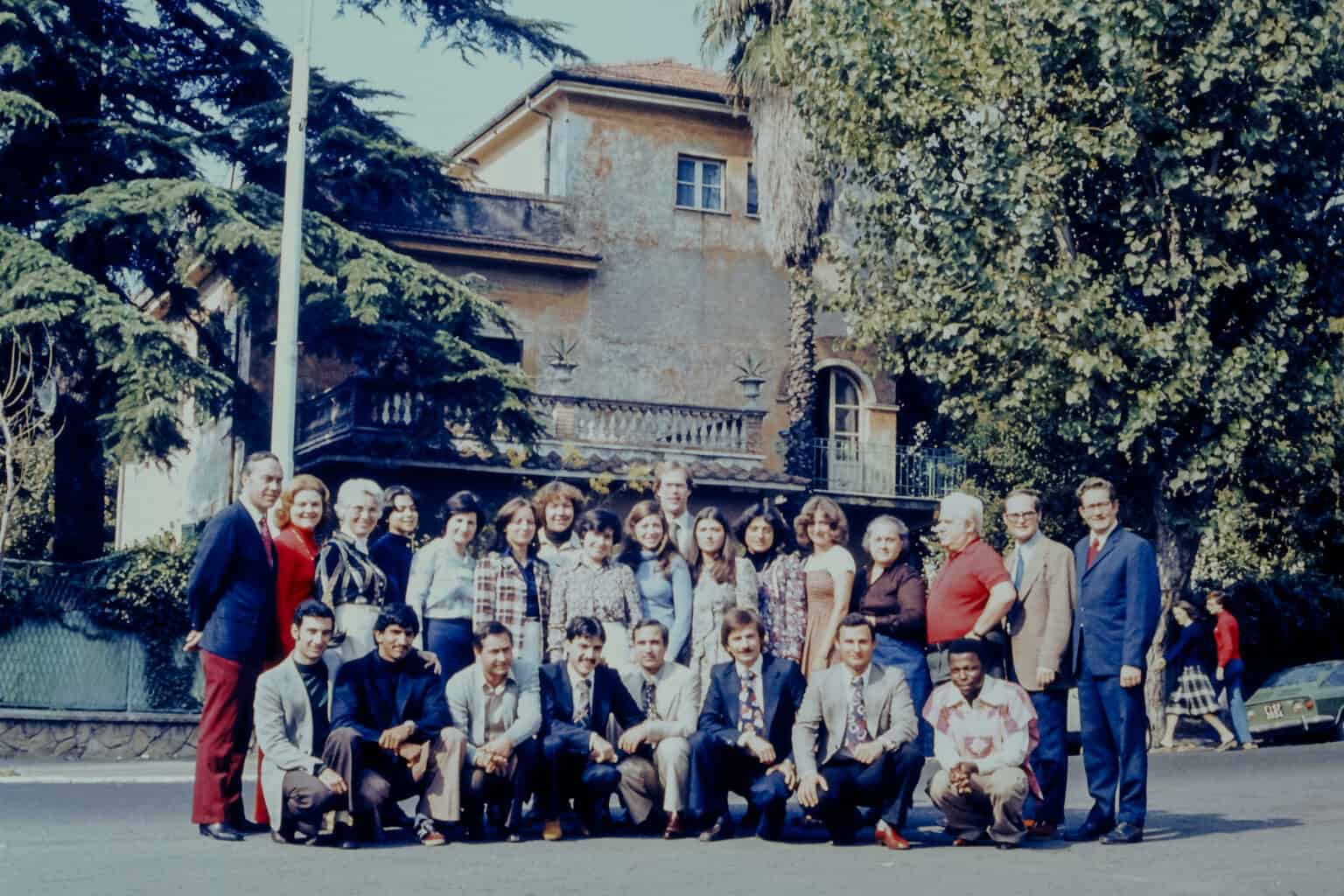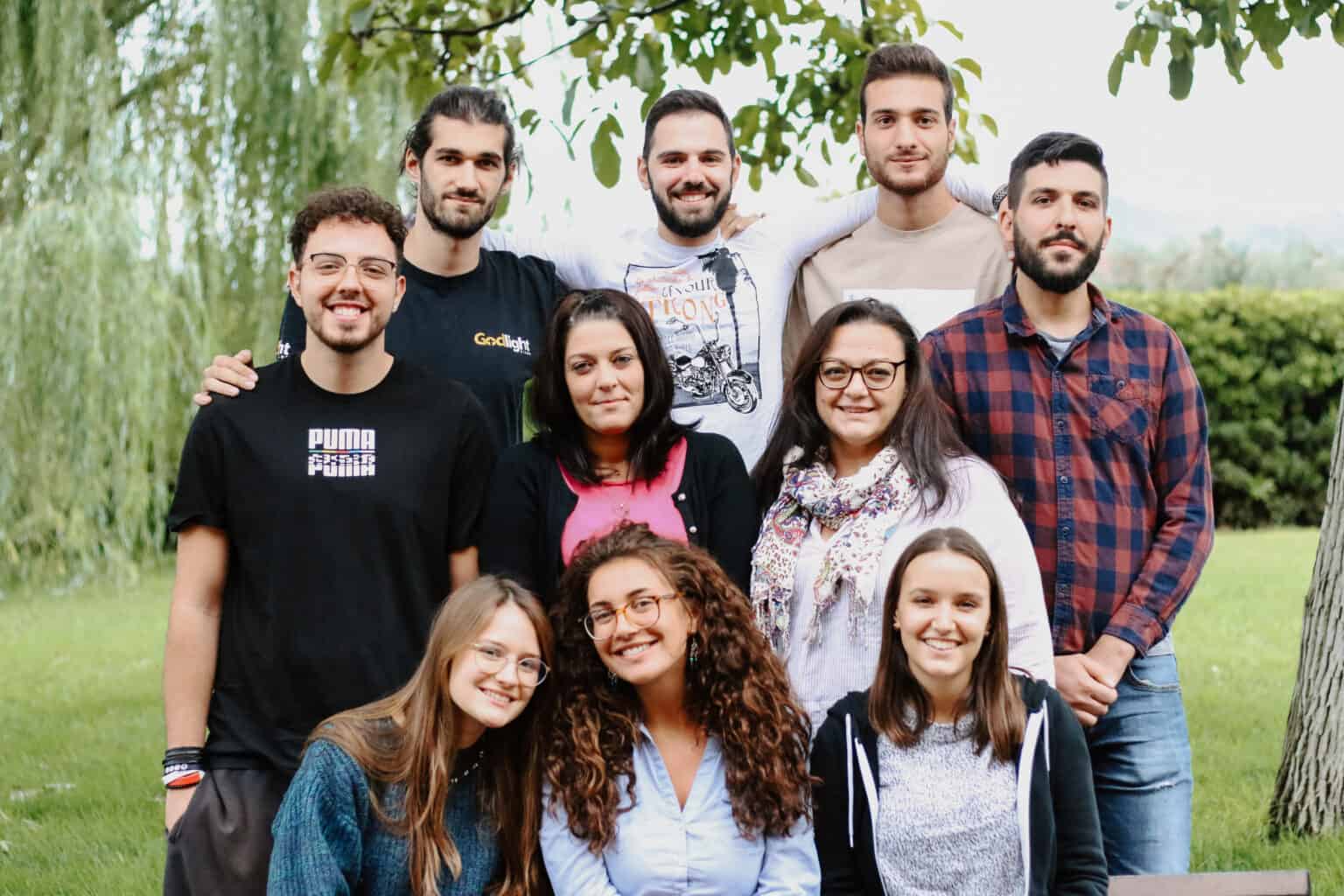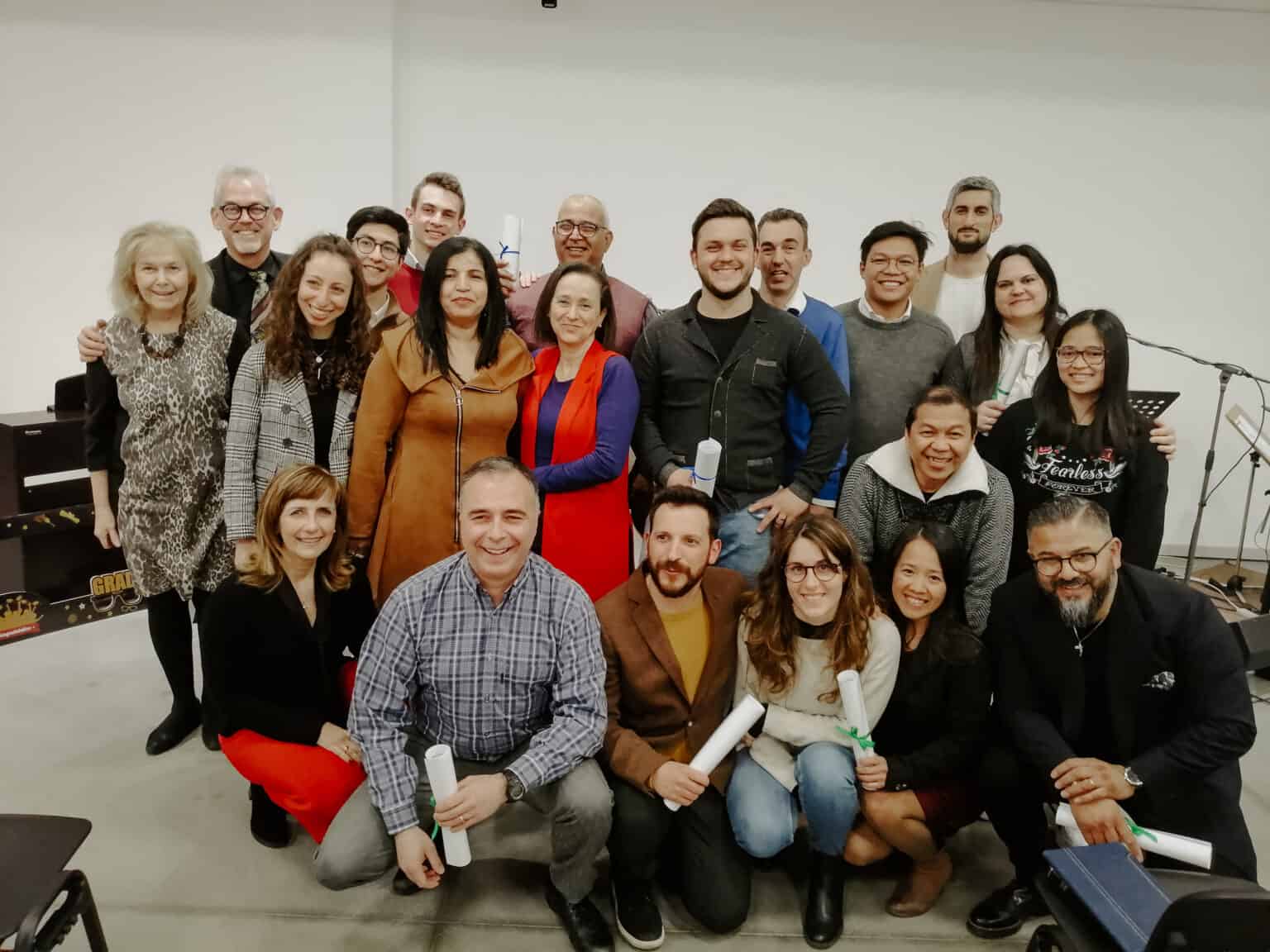Biblical Education in Italy
“The Catholic church in Italy has lost its grounding in Scripture,” Danny Pasquale, director of the Istituto Biblico Evangelico Italiano (IBEI), told me during an interview in his little office on the outskirts of Rome. And most Italians “don’t know there’s a Christianity outside the institutional church.” Danny’s insight gives a window into the spiritual state of a nation that, like Greece or Spain, is an “old country with the gospel.”
According to the Joshua Project, over 80% of Italy identifies as “Christian,” yet only 1.46% are evangelical. Out of the 105 people groups in Italy, 69 are unreached or minimally reached. This means that the vast majority of Italians are biblically illiterate.
When asked about the greatest barrier between Italians and saving faith, Danny—who is half Italian and has lived most of his life there—replied that the institutional church “lost its salt a long time ago. It has a form of religion, but it’s empty.”
In the Catholic Church in Italy, knowledge of the gospel leading to a personal relationship with Jesus rarely makes its way to the people. This empty form of religion has a “devastating” effect on individuals and the culture. For many, the veneration of Mary and the saints has become a form of idolatry. Most Italians have never heard the gospel.

Added to this is the intense spiritual warfare that, in Danny’s words, is “subtle, but fierce.” In the evangelical church, spiritual warfare takes the form of disunity and “absurd” disputes fracture the small body of evangelicals. In the culture at large, spiritism and occultism abound. Folk occultism and satanism are alive in Italy.
According to Danny, almost all church pastors have had congregants who have struggled with the occult. Two students at IBEI, before coming to faith, dabbled with spiritism—as in, they saw demons flying around their homes. Dark spiritual forces are very real in Italy.
IBEI’s origins began in 1959 with Royal Peck and Bernard Oxehnham, two Greater Europe Mission workers. From the outset, Royal and Berny’s vision was to equip leaders in Italy to evangelize and preach. While foreigners have graduated from the institute, IBEI has always been for Italians in Italian.
In the ’80s, GEM handed off leadership of the school to a committee of Italian church leaders. Since then, the school has continued developing its uniquely Italian identity. In the Residential School (the full-time, on-campus program), there is a large emphasis on community. According to Danny, community life—especially “the time at the table”—is extremely important in Italian culture and a principal focus at IBEI, which is “a challenge but also a blessing.”

This communal culture is part of the discipleship experience that enables IBEI students to effectively minister to those around them. It is also something that students take with them when they graduate. As one student reflected, “I made friends at IBEI that are still fundamental for me today and encourage me in my walk with God.”
How does IBEI seek to bridge the spiritual gap in Italy? Most importantly, IBEI seeks to develop biblical knowledge and a Christian worldview in their students so that they can practically live the gospel and be able to “filter the culture that’s encroaching on them.”

According to Danny, the church in Italy is so small that it could virtually go extinct or simply become irrelevant in a single generation. In order to “keep the flame” going, it is vital to train young Christians in solid biblical truths. These students are also trained to serve in their communities by getting involved in local churches and developing ministry projects unique to their specific giftings and passions. Most churches are too small to hire an intern, but as Danny insists, “It’s really important they serve in a local church, because it’s the center of the Christian life.”
While only ten students currently live on campus, IBEI trains pastors and laymen across Italy and abroad through online courses and “extension schools,” where professors hold weekend classes in different cities so that church leaders and others who cannot afford to take off a year for study can slowly work toward a degree. Only five professors live near the campus; the rest are ministers and missionaries who are “in the trenches” and who come to IBEI periodically to lead specific modules. According to Danny, this system is a huge benefit because it fits the school’s motto of “Prepare to serve.” Students learn at a practical—not just theoretical—level what it means to live out their faith.

Nowadays, while GEM regularly gives IBEI financial support, it doesn’t have much direct involvement with the institute. However, Danny expressed his desire to “go back to the roots and see ways to partner again.” Since Italian churches don’t have the resources to take charge completely, IBEI still depends on international help. If you would like to hear more about the work IBEI does or are considering sending a financial gift to support their ministry, please visit their website.

Will you join us in praying for the ministry of the Istituto Biblico Evangelico Italiano (IBEI)?
- Pray for current students to grow in their knowledge of scripture and their love for Jesus.
- Pray for new students to hear of IBEI and come to receive an education.
- Pray for God’s Spirit to breath a fresh wind into IBEI’s staff and for God to multiply their efforts across Italy.
About the author: Kara Barlow is a GEM intern in Rome, Italy working with migrants and serving as a storyteller.
